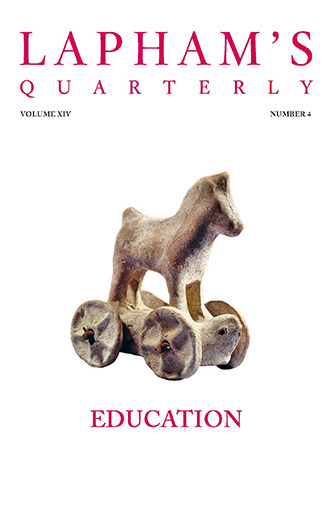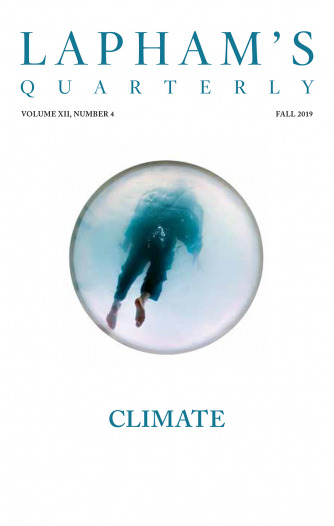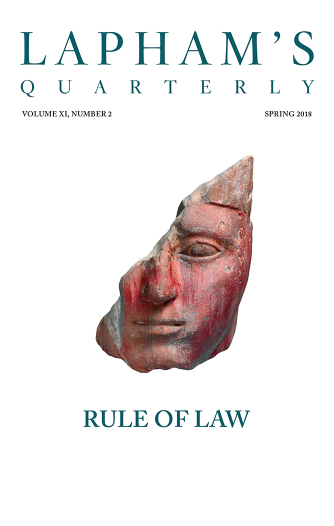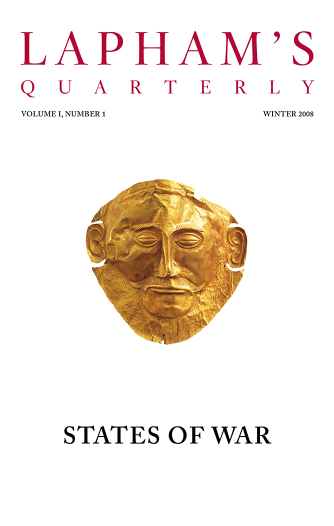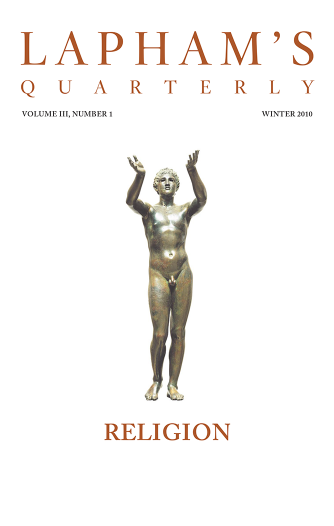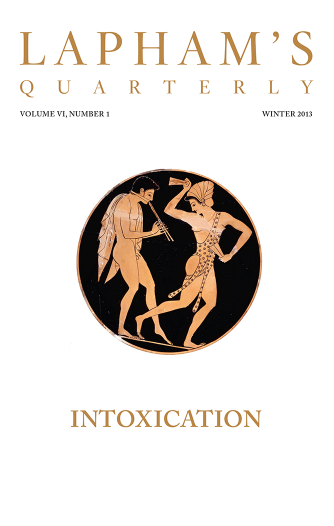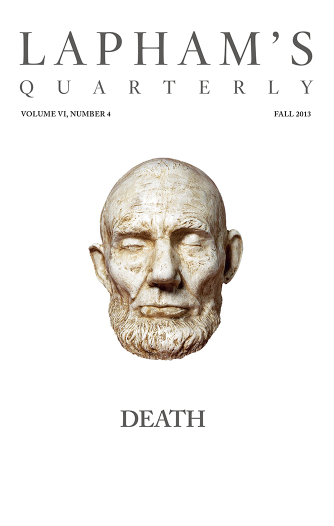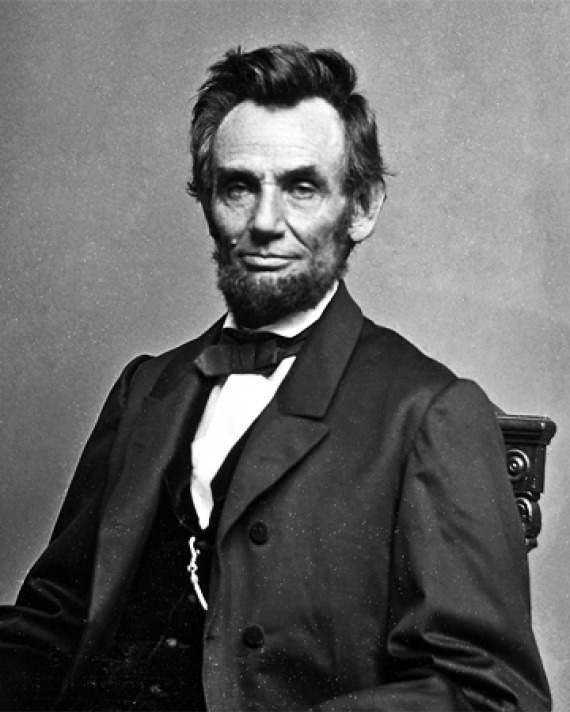
Abraham Lincoln
(1809 - 1865)
President Abraham Lincoln delivered the Gettysburg Address on November 19, 1863, to dedicate the national cemetery near the battlefield where over 3,100 Northern and 4,500 Southern soldiers had died the previous July. The speaker who preceded him, former secretary of state and senator Edward Everett, read an address that was over ten thousand words long. Lincoln’s was just 267 words. Everett noted the discrepancy when writing to Lincoln the following day: “I should be glad, if I could flatter myself, that I came as near to the central idea of the occasion in two hours as you did in two minutes.” Lincoln was assassinated during a performance of Our American Cousin at Ford’s Theatre in April 1865.
